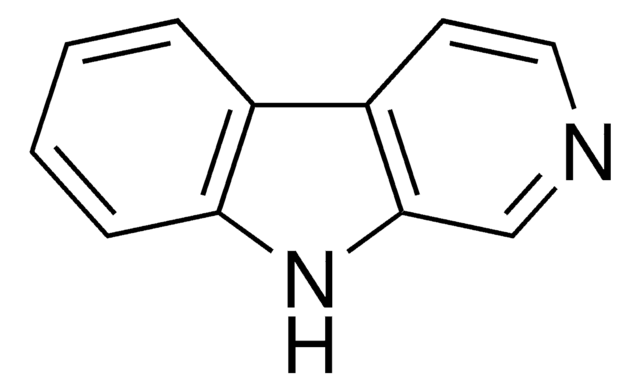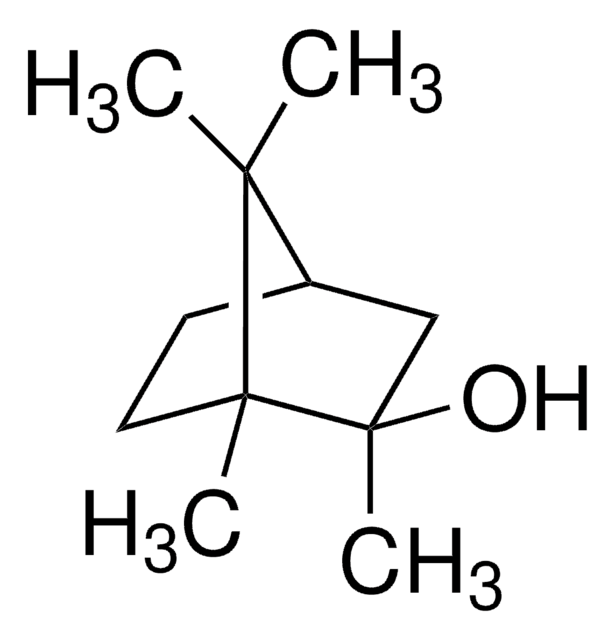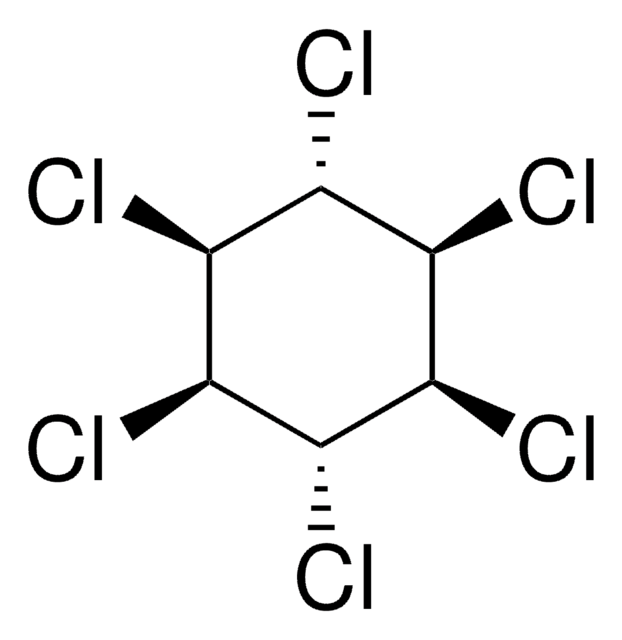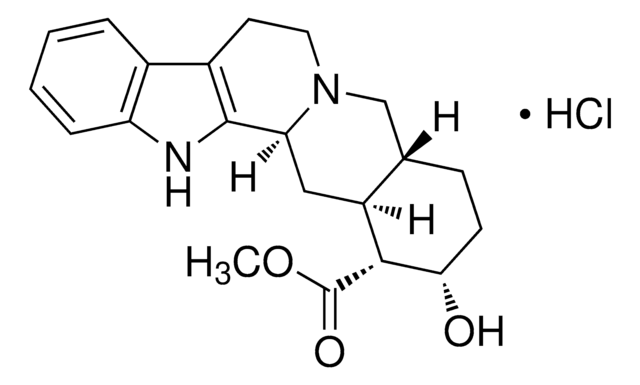51330
Harmaline
≥95%
Synonym(s):
1-Methyl-7-methoxy-3,4-dihydro-β-carboline, 3,4-Dihydroharmine, 4,9-Dihydro-7-methoxy-1-methyl-3H-pyrido[3,4-b]indole, Dihydroharmine, Harmalol methyl ether, Harmidine, NSC 407285
About This Item
Recommended Products
Quality Level
Assay
≥95%
form
powder
drug control
regulated under CDSA - not available from Sigma-Aldrich Canada
stupéfiant (France); regulated under CDSA - not available from Sigma-Aldrich Canada
mp
232-234 °C (lit.)
SMILES string
COc1ccc2c3CCN=C(C)c3[nH]c2c1
InChI
1S/C13H14N2O/c1-8-13-11(5-6-14-8)10-4-3-9(16-2)7-12(10)15-13/h3-4,7,15H,5-6H2,1-2H3
InChI key
RERZNCLIYCABFS-UHFFFAOYSA-N
Gene Information
human ... ADRA1A(148) , ADRA1B(147) , ADRA2A(150) , ADRA2B(151) , ADRA2C(152) , ADRB1(153) , ADRB2(154) , CHRM1(1128) , CHRM2(1129) , CHRM3(1131) , CHRM4(1132) , CHRM5(1133) , DRD1(1812) , DRD5(1816) , HTR1A(3350) , HTR1B(3351) , HTR1D(3352) , HTR2C(3358) , HTR3A(3359) , HTR5A(3361) , HTR6(3362) , HTR7(3363) , SLC6A2(6530) , SLC6A4(6532) , SLC9A2(6549) , SLC9A5(6553)
rat ... Drd2(24318) , Drd3(29238) , Drd4(25432) , Htr2a(29595) , Maoa(29253) , Maob(25750) , Slc9a1(24782) , Slc9a3(24784)
Looking for similar products? Visit Product Comparison Guide
Application
- Acylated harmalines via Friedel-Crafts reaction
- Phenacyl derivatives of 1-methyl-7-methoxy-β-carbolines as central nervous system affectors
- Palladium harmaline DMSO chloro complex as anti-tumor agent
Natural product scaffold in preparation of:
- Trypanothione reductase inhibitors†
Biochem/physiol Actions
Signal Word
Warning
Hazard Statements
Precautionary Statements
Hazard Classifications
Acute Tox. 4 Oral - STOT SE 2
Target Organs
Central nervous system
Storage Class Code
11 - Combustible Solids
WGK
WGK 3
Flash Point(F)
Not applicable
Flash Point(C)
Not applicable
Personal Protective Equipment
Regulatory Listings
Regulatory Listings are mainly provided for chemical products. Only limited information can be provided here for non-chemical products. No entry means none of the components are listed. It is the user’s obligation to ensure the safe and legal use of the product.
JAN Code
51330-VAR:
51330-5G:
51330-BULK:
51330-1G:
Choose from one of the most recent versions:
Already Own This Product?
Find documentation for the products that you have recently purchased in the Document Library.
Customers Also Viewed
Our team of scientists has experience in all areas of research including Life Science, Material Science, Chemical Synthesis, Chromatography, Analytical and many others.
Contact Technical Service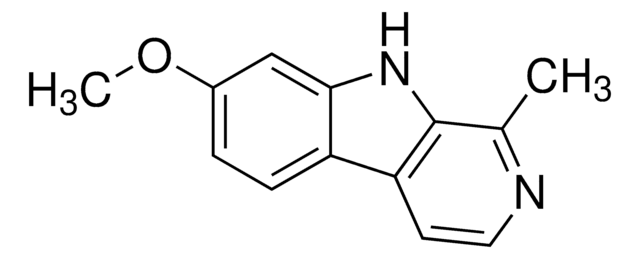
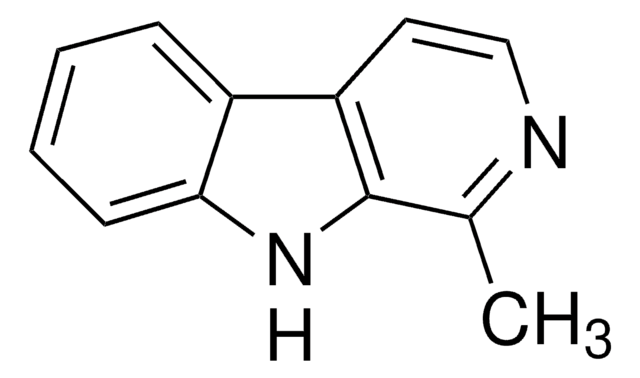

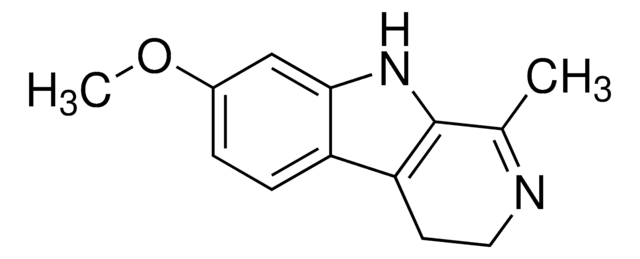
![Benzo[a]pyrene ≥96% (HPLC)](/deepweb/assets/sigmaaldrich/product/structures/253/820/be96d879-1811-46c0-8f11-612019691c2d/640/be96d879-1811-46c0-8f11-612019691c2d.png)
